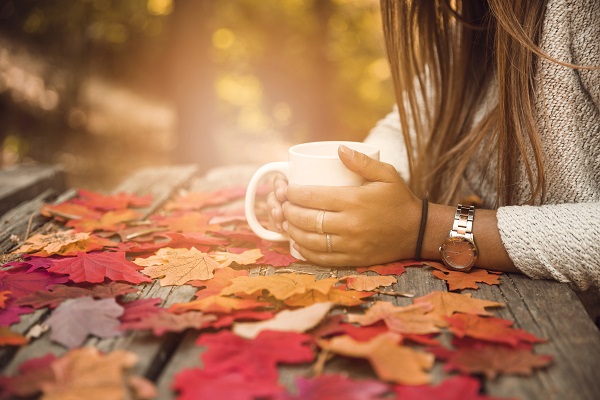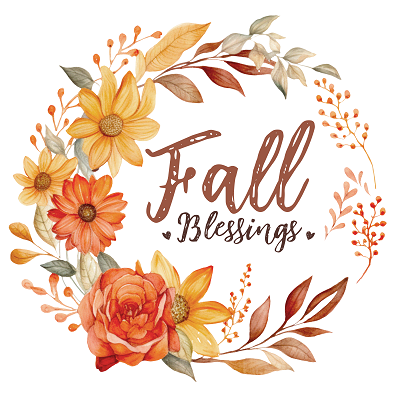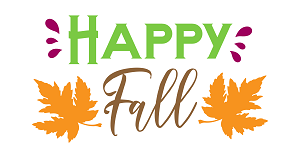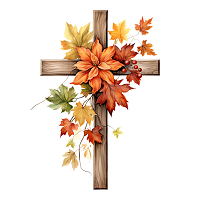Anxiety is a type of mental health disorder that affects millions of people, from generalized anxiety disorder to panic disorder and post-traumatic stress disorder. Different people get anxiety for many different reasons, year-round.
However, there is one type of anxiety that mental health professionals are seeing more often, which is anxiety that starts around the fall season.
Ginny Scully, a therapist in Wales, has named it Autumn Anxiety, after seeing many clients experiencing heightened anxiety symptoms between the end of summer and beginning of fall. It is very closely linked to seasonal affective disorder (SAD), though is more about anxiety, and less about depression.
Here are some things to understand about autumn anxiety:
Fall Anxiety vs. Seasonal Affective Disorder
While they are not the exact same thing, there are some similarities between SAD and anxiety you experience in the fall. First of all, the main difference is that SAD is usually more about depression in the fall and winter seasons, as opposed to anxiety. However, there are some things that are often similar, such as:
- The time of year these occur. While you can get SAD at any time of year when the seasons change, it is much more common in the fall and winter when weather gets colder and there are less sunny days. The same is said for autumn anxiety, which is a type of anxiety that many people experience as summer turns into fall.
- Your signs and symptoms. Many symptoms between anxiety in the fall and depression you experience this season are similar. This might include being lethargic and tired, isolating yourself, losing interest in your favorite activities, experiencing signs of panic attacks like a racing heartbeat and tunnel vision, and changes in your mood like agitation or irritability.
- How it can affect your life. Both autumn anxiety and SAD can affect your life and reduce your quality of life. Suddenly, summer is over and you no longer want to see friends, you spend more time alone indoors, and you have a hard time adjusting to the changes in your schedule. While this can be completely normal, you should still seek professional help if you feel out of control with your symptoms.
Autumn Anxiety for Highly Sensitive People
Another type of person who might be prone to autumn anxiety is someone on the “highly sensitive persons” spectrum, as detailed by Elaine Aron, PhD.
She believes that people who are extremely sensitive may take the sudden changes of seasons, habits, and daily routines much harder than other people, which is why it leads to them experiencing worsened anxiety.
If you are a highly sensitive person who also has generalized anxiety disorder, it is really important that you are aware of this and prepare before fall begins.
What You Can Do About Autumn Anxiety
Autumn anxiety can mean some changes in your mental health in the fall season, but it doesn’t have to define you. You can try using a light therapy box if it is cold and gloomy where you live, as well as start taking a vitamin D supplement.
Anxiety-relieving activities like meditation, breathing exercises, physical exercise, and finding activities you enjoy can also help tremendously.



